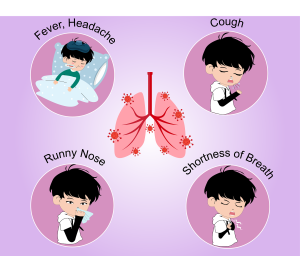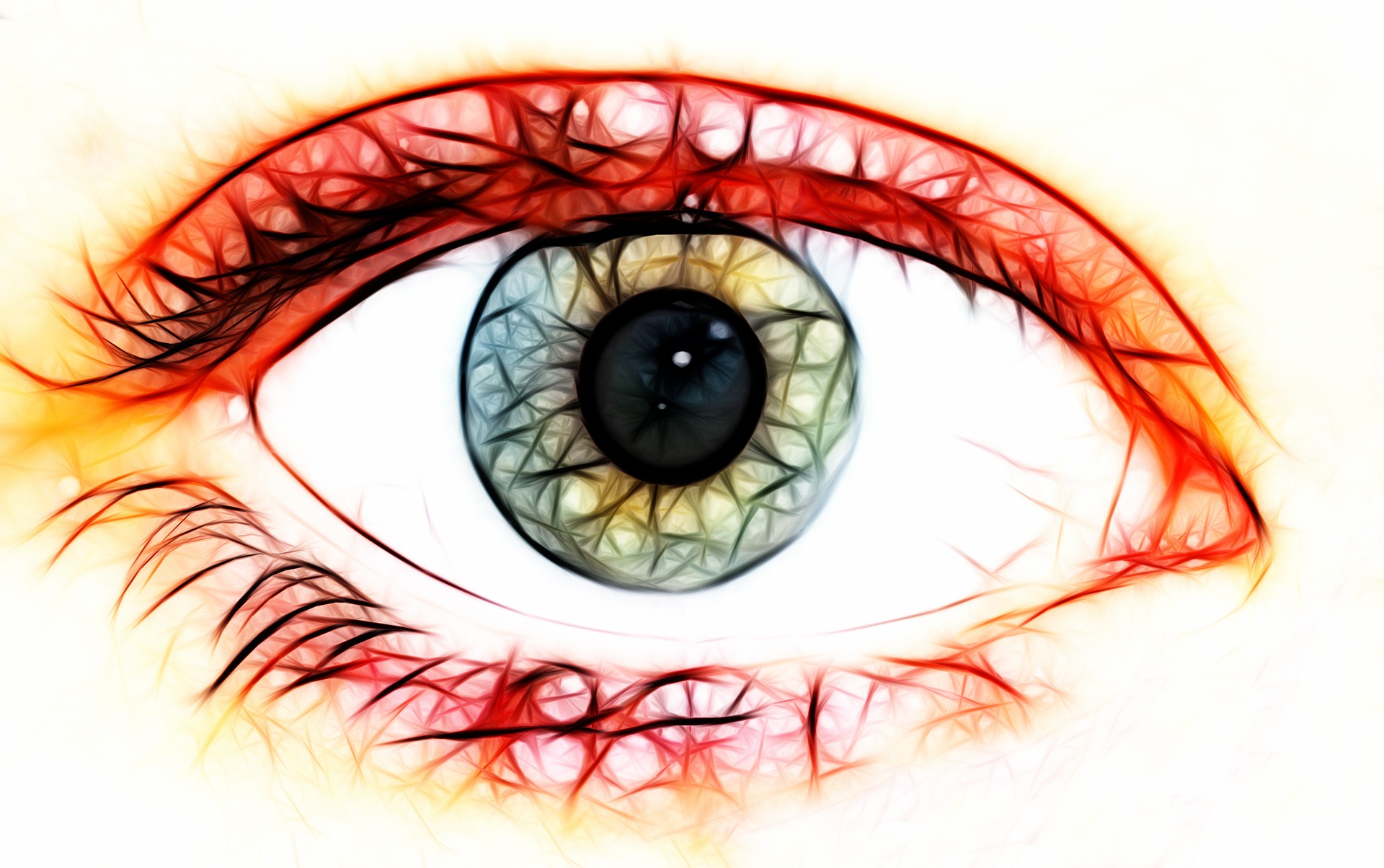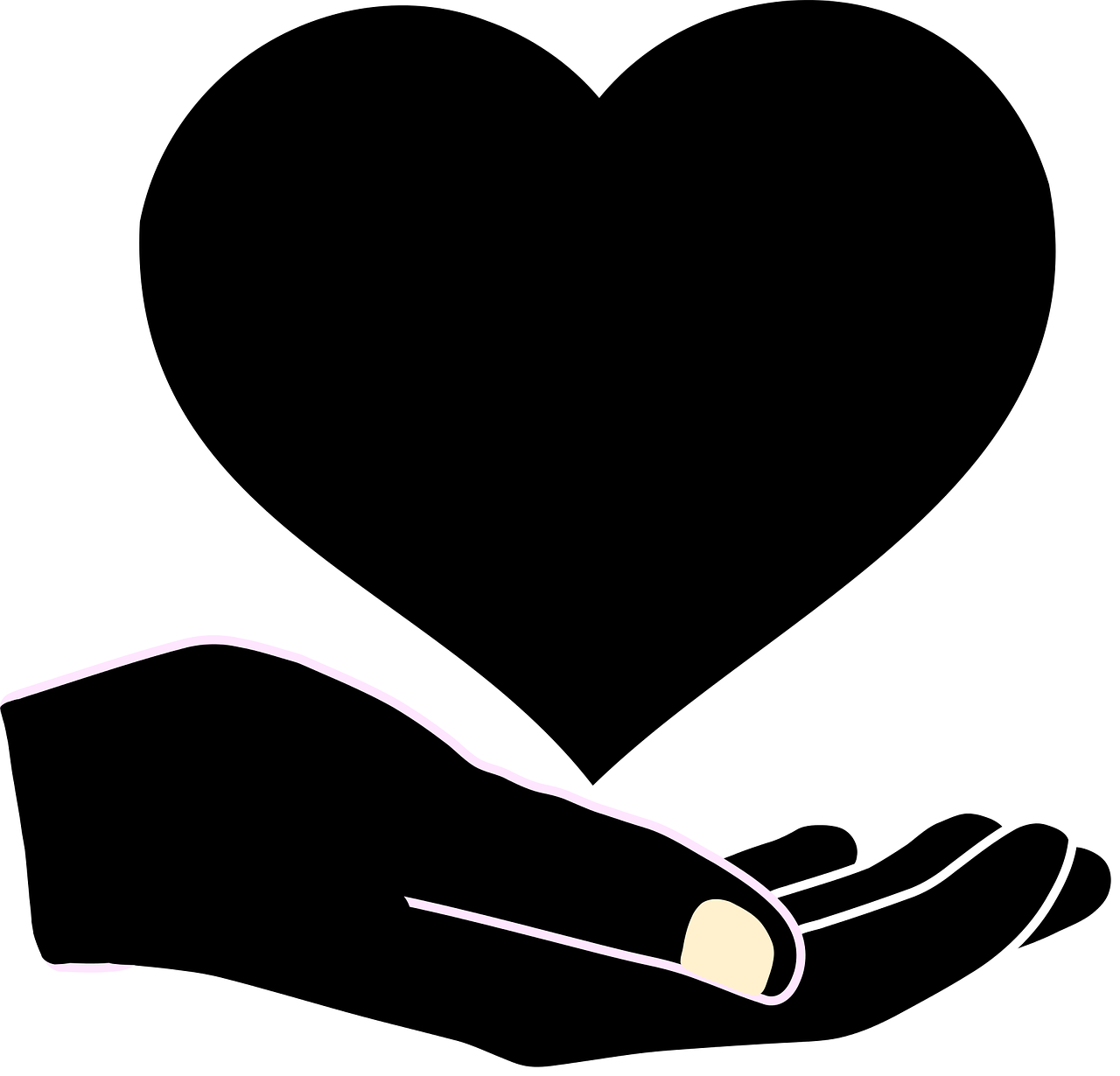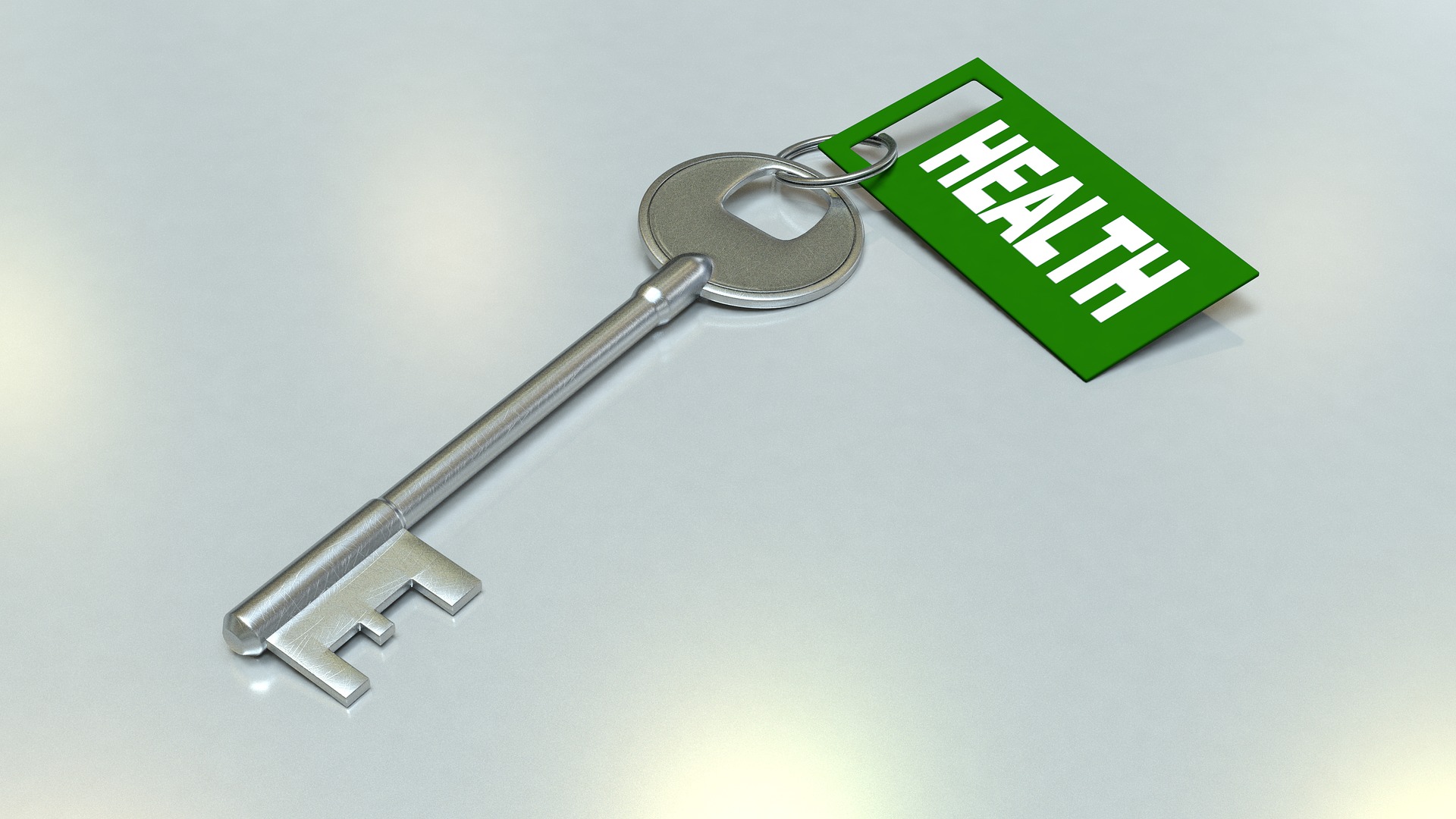
SICKLE CELL AND COVID-19
What is Coronavirus (COVID-19)?
This is information for people who live in the UK but there are a lot of useful information on it, that I decided to share it anyway. I realise the information might not be functional for people with SCD living in the African continent. The main thing is keep safe and look after yourself even more at this time as Covid-19 is a global phenomenon.
COVID-19 is a new illness that can affect your lungs and airways. It’s caused by a virus called coronavirus.
The main symptoms include high temperature and/or new and continuous cough.
The current risk level in the UK is high.
As the illness is new, there is limited specific information for people living with sickle cell. However, below we have included all the available specific information there is and included the official guidance on avoiding catching or spreading germs and what to do if you need medical help, which all apply.
Guidance Overview
Here is an overview of the types of guidance and who they apply to:
- For Everyone: Stay at home
- For homozygous sickle cell (SS): Shielding
- For other sickle cell disorders: Social Distancing
Stay at Home
The most recent guidance from the government is that everyone should stay at home except for just a few reasons. In order to keep people safe, the government has implemented three new measures:
- Everyone should stay at home, except for very limited purposes (see below)
- Non-essential shops and community spaces will be closed
- All gatherings of more than two people in public will be stopped.
There are four exceptions to the stay at home guidance:
- Shopping for basic necessities (for example food and medicine, which must be as infrequent as possible)
- One form of exercise a day (for example a run, walk, or cycle – alone or with members of your household)
- Any medical need, or to provide care or to help a vulnerable person
- Travelling to and from work, but only where this absolutely cannot be done from home
Shielding
The latest government guidance strongly advises people with serious underlying health conditions which includes homozygous sickle cell (SS) to rigorously follow shielding measures in order to keep themselves safe.
What is Shielding?
Shielding is a measure to protect extremely vulnerable people by minimising interaction between those who are extremely vulnerable and others.
If you fall into an the extremely vulnerable group (e.g. homozygous sickle cell SS), you are strongly advised to stay at home at all times and avoid any face-to-face contact for a period of at least 12 weeks from the day you receive your letter from the NHS.
Below is further guidance on shielding:
- Strictly avoid contact with someone who is displaying symptoms of coronavirus (COVID-19) – high temperature and/or new and continuous cough
- Do not leave your house
- Do not attend any gatherings (including gatherings of friends and families in private spaces for example family homes, weddings and religious services)
- Do not go out for shopping, leisure or travel
- Food or medication deliveries should be left at the door to minimise contact
- Keep in touch using remote technology such as phone, internet, and social media
Living with Other People
We know that many people live with others and may be concerned about how to effectively shield whilst sharing a house or flat. Below is guidance if you have sickle cell and you live with other people.
Although the other people you live with do not need to follow shielding guidelines (unless they also fall into an extremely vulnerable category – everyone in the house should do what they can to support you in shielding and strictly follow the specific advice below and general social distancing advice (found later in this article).
- Try to minimise the time spent with other people in shared spaces (kitchens, bathrooms, sitting areas)
- Keep shared spaces well ventilated
- Aim to keep 2 metres (3 steps) away from people you live with and encourage them to sleep in a different bed where possible
- If possible, use a separate bathroom from the rest of the household
- If you do share a toilet and bathroom with others, it is important that they are cleaned after use every time (for example, wiping surfaces you have come into contact with)
- Use separate towels from the other people in your house, both for drying themselves after bathing or showering and for hand-hygiene purposes
- Another tip is to consider drawing up a rota for bathing, with you using the facilities first
- If you share a kitchen with others, avoid using it while they are present
- If you can, you should take your meals back to your room to eat
- If you have one, use a dishwasher to clean and dry the family’s used crockery and cutlery. If this is not possible, wash them using your usual washing up liquid and warm water and dry them thoroughly
- If you are using your own utensils, remember to use a separate tea towel for drying these.
We understand that for many people it will be difficult to separate themselves from others they live with. Try as best you can to follow this guidance and everyone in your household should regularly wash their hands, avoid touching their face, and clean frequently touched surfaces.
Getting help with food, shopping and medicine
To continue to get food, shopping and medicine you should ask your family, friends and neighbours to support you and use online services.
If this option is not available then the public sector, business, charities, and the general public are gearing up to help those advised to stay at home.
During this time of staying at home (shielding) please speak to those you trust on how they can support you (family friends, carers, neighbours, and community groups).
Prescriptions
During this period, prescriptions will continue to cover the same length of time as usual. If you do not currently have your prescriptions collected or delivered, you can arrange this by:
- Asking someone who can pick up your prescription from the local pharmacy, (this is the best option, if possible)
- Contacting your pharmacy to ask them to help you find a volunteer (who will have been ID checked) or deliver it to you
- You may also need to arrange for collection or delivery of hospital specialist medication that is prescribed to you by your hospital care team
Hospital and GP Appointments
Where possible, try and access medical assistance remotely.
If you have a scheduled hospital or other medical appointment, call your GP or specialist to confirm that the appointment has not been cancelled or postponed and to talk to them about how best to ensure you can continue to receive the care you need.
Social Distancing
The government is now advising those who are at increased risk of severe illness from coronavirus (COVID-19) to be particularly stringent in following social distancing measures. This includes people living with sickle cell
What is social distancing?
Social distancing is a way of reducing your social interaction with people and therefore helping to reduce the spread and risk of coronavirus (COVID-19).
Social Distancing includes:
- Avoid contact with someone who is displaying symptoms of coronavirus (COVID-19). These symptoms include high temperature and/or new and continuous cough;
- Avoid non-essential use of public transport, varying your travel times to avoid rush hour, when possible. Work from home, where possible.
- Avoid large gatherings, and gatherings in smaller public spaces such as pubs, cinemas, restaurants, theatres, bars, clubs
- Avoid gatherings with friends and family. Keep in touch using remote technology such as phone, internet, and social media.
- Use telephone or online services to contact your GP or other essential services.
This advice is likely to be in place for some weeks and we will regularly update this page with any new information.
Sickle Cell Trait
If you have sickle cell trait please follow the guidance given to the general public (as trait doesn’t fall into the at-risk category) but do check in case you fall into another category such as if you have had your spleen removed, you are pregnant or you are over 70).
General Advice
The general advice is that if you are mildly unwell with a cough and fever you should manage your illness at home and don’t go to your GP or A&E. If you are worried about your symptoms you can call 111 for more advice.
Flu Like Symptoms
However, due to the impact the flu can have on people living with sickle cell (pneumonia and acute chest syndrome) it is advised that anyone with sickle cell who has a worsening cough, difficulty in breathing and fever should contact the health services (call 111 or 999 in an emergency). Mention you are worried about coronavirus but also that you have sickle cell disorder. They will then instruct you further.
Sickle Cell Pain (Crisis)
If you are experiencing severe sickle cell pain (crisis) then go to hospital as normal (taking precautions on the way). However, if you also have a high temperature and/or new and continuous cough call 111 instead (or 999 in an emergency)
Reference – https://www.sicklecellsociety.org/coronavirus-and-scd/








Thanks for this insightful and practical information.
Hello Mojide,
Thank you for getting in touch.
I wish you well.